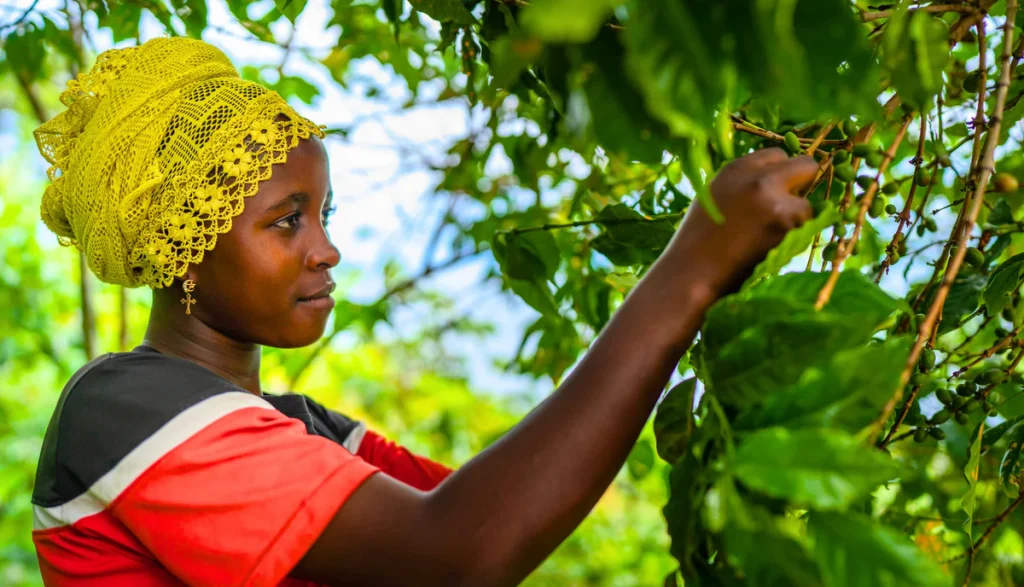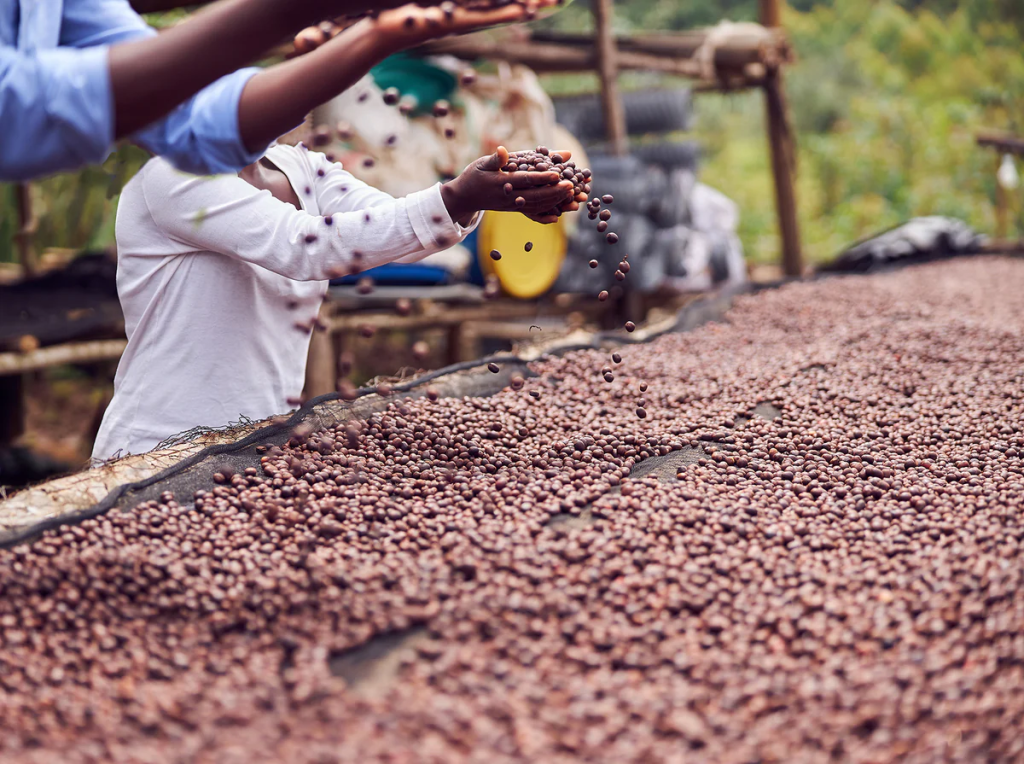African Coffee and Sustainability: Challenges and Opportunities

Coffee is not just a global commodity — it is a lifeline for millions of smallholder farmers across Africa. From the highlands of Ethiopia to the volcanic soils of Rwanda, coffee shapes economies, cultures, and communities. Yet, the African coffee sector faces pressing challenges, especially around african coffee and sustainability. At the same time, opportunities are emerging that could transform the way African coffee is grown, marketed, and consumed worldwide.
This guide explores the environmental, economic, and social dimensions of sustainability in African coffee, highlighting both the hurdles and the potential for long-term growth.
The Importance of Sustainability in African Coffee
Africa is home to some of the most prized coffees in the world, known for their floral, fruity, and complex flavor profiles. But sustainability is not only about protecting cup quality; it is about ensuring that:
- Farmers earn a livable income.
- Ecosystems remain healthy for future generations.
- Communities benefit socially and economically from coffee cultivation.
Without sustainable practices, Africa risks losing its competitive edge in the global coffee market.
Environmental Challenges
Climate Change
- Rising temperatures threaten Arabica coffee, which thrives in cooler, high-altitude climates.
- Erratic rainfall patterns impact yields and quality.
- Increased pests and diseases, like coffee leaf rust, are spreading into new regions.
Deforestation
- Expanding coffee production sometimes leads to clearing of forests, reducing biodiversity.
- Shade-grown coffee practices are being abandoned in favor of sun cultivation, which boosts short-term yields but harms ecosystems.
Soil Degradation
- Overuse of land and limited access to fertilizers contribute to declining soil fertility.
- Many smallholders lack the resources for sustainable soil management.
Economic and Social Challenges
- Low Farmer Income: Despite high global demand for African coffee, smallholder farmers often earn less than a dollar a day.
- Market Volatility: Price fluctuations in global markets affect farmers’ financial stability.
- Limited Infrastructure: Poor roads and lack of modern processing facilities reduce access to premium markets.
- Gender Inequality: Women, who contribute significantly to coffee farming, are often excluded from ownership and decision-making.
Opportunities for Sustainable Growth
Embracing Climate-Smart Agriculture
- Promoting shade-grown coffee, intercropping, and agroforestry to protect biodiversity.
- Training farmers on climate resilience practices, including water management and soil conservation.
Expanding Specialty Coffee Markets
- African coffees are in high demand among specialty roasters for their unique flavors.
- Certification programs (Fairtrade, Rainforest Alliance, Organic) can add value, though costs must be managed.
Investing in Local Infrastructure
- Building washing stations and processing plants can improve quality control.
- Better transport networks reduce losses and increase farmers’ bargaining power.
Empowering Women and Youth
- Women make up nearly 70% of the African coffee workforce but face barriers in ownership.
- Programs focused on gender equity and youth entrepreneurship can unlock untapped potential.
Technology and Digital Platforms
- Mobile apps connect farmers to buyers directly, reducing middlemen.
- Digital payment systems improve transparency and financial inclusion.

Case Studies of Sustainability in African Coffee
- Ethiopia: Cooperatives are investing in organic certification, giving smallholders access to niche markets.
- Rwanda: Coffee washing stations introduced after the 2000s improved quality and traceability, boosting exports.
- Uganda: Programs supporting climate-resilient Robusta are helping farmers adapt to rising temperatures.
- Kenya: Farmer training initiatives emphasize soil health and sustainable pest management.
The Role of International Collaboration
- Partnerships between African cooperatives, international NGOs, and specialty coffee buyers are vital.
- Global initiatives like the Sustainable Coffee Challenge and ICO (International Coffee Organization) programs provide funding and training.
- Direct trade relationships allow roasters to pay premium prices, ensuring farmers benefit fairly.
Looking Ahead: A Sustainable Future for African Coffee
For African coffee to thrive in the next decades, sustainability must become a shared priority:
- Farmers need access to education and tools to adopt eco-friendly practices.
- Governments should support infrastructure and favorable trade policies.
- Consumers must recognize the value of ethically sourced African coffee and be willing to pay fair prices.
If these elements align, African coffee can continue to delight consumers with its unique flavors while empowering communities and protecting ecosystems.
FAQs on African Coffee and Sustainability
Q1: Why is sustainability so important for African coffee?
Because it ensures farmers’ livelihoods, protects the environment, and secures Africa’s place in the specialty coffee market.
Q2: How does climate change affect African coffee?
It reduces suitable growing areas, introduces pests, and threatens both yield and flavor quality.
Q3: What role do certifications play in sustainability?
They can provide access to premium markets, but they must balance costs so that smallholders benefit fairly.
Q4: How can consumers support sustainable African coffee?
By buying certified coffee, supporting direct trade roasters, and seeking out African single-origin beans.